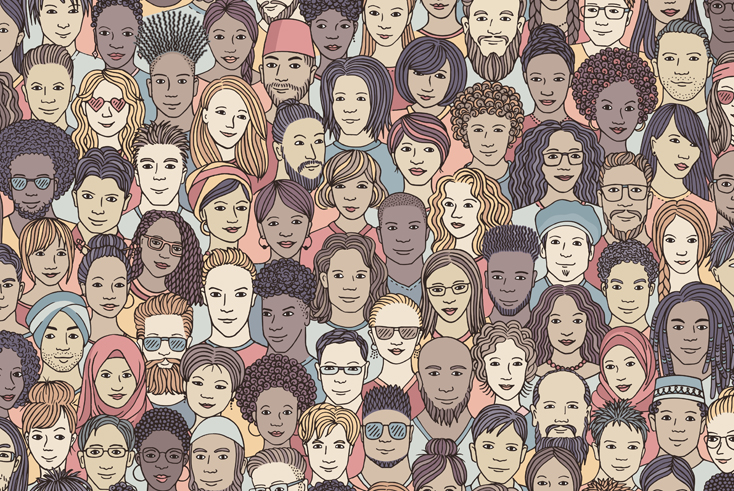Ofcom: more women are leaving TV and radio than joining


TV and radio companies need to focus on retaining women and people with disabilities in the coming years, a new Ofcom report warns, as more people from those groups will leave than join.
Ofcom commissioned the review which was carried out by Included, a global Diversity and Inclusion consultancy.
It concluded that the focus of broadcast employers should be on retaining and promoting women and differently-abled people, rather than increase recruitment to encourage future diversity. This is because the proportion of TV employees who are disabled and female radio employees is set to fall over the next five years.
The report stated the broadcasting industry compares well with other sectors in terms of gender diversity. However, it is slightly worse in terms of minority ethnic representation.
This review formed part of Ofcom’s Five Year Review into Diversity in Broadcasting.
Across the board there was a lack of diversity particularly in racial and disabled groups in senior positions which suggested that diversity improvements were mostly being made in junior roles.
While gender gaps have closed generally speaking in both TV and radio, even at senior manager level, for both racial groups and disabled employees this gap has not changed in TV and worsened in radio.
The report found differing diversity progress for TV and radio since 2018; TV has improved on disability, race, and sexual orientation, while Radio has improved on religion and race diversity.
However, the report notes these are still “marginal” at between 2%-4% for everything other than religion in radio.
The report predicted that if this diversity trend continues in broadcasting, the proportion of TV employees who are disabled and the number of female radio employees will fall instead of grow over the next five years.
Specifically, the proportion of female radio employees will decrease by 2% over the next five years.
For both TV and radio, neither industry has improved on age diversity since 2018 as employees over 50 are still 11% and 7% below the benchmark respectively.
Barriers for people from minority groups to stay in broadcasting were named in the report as disaffection with personal work experiences, feeling undervalued, and lack of support and sponsorship for underrepresented groups.
